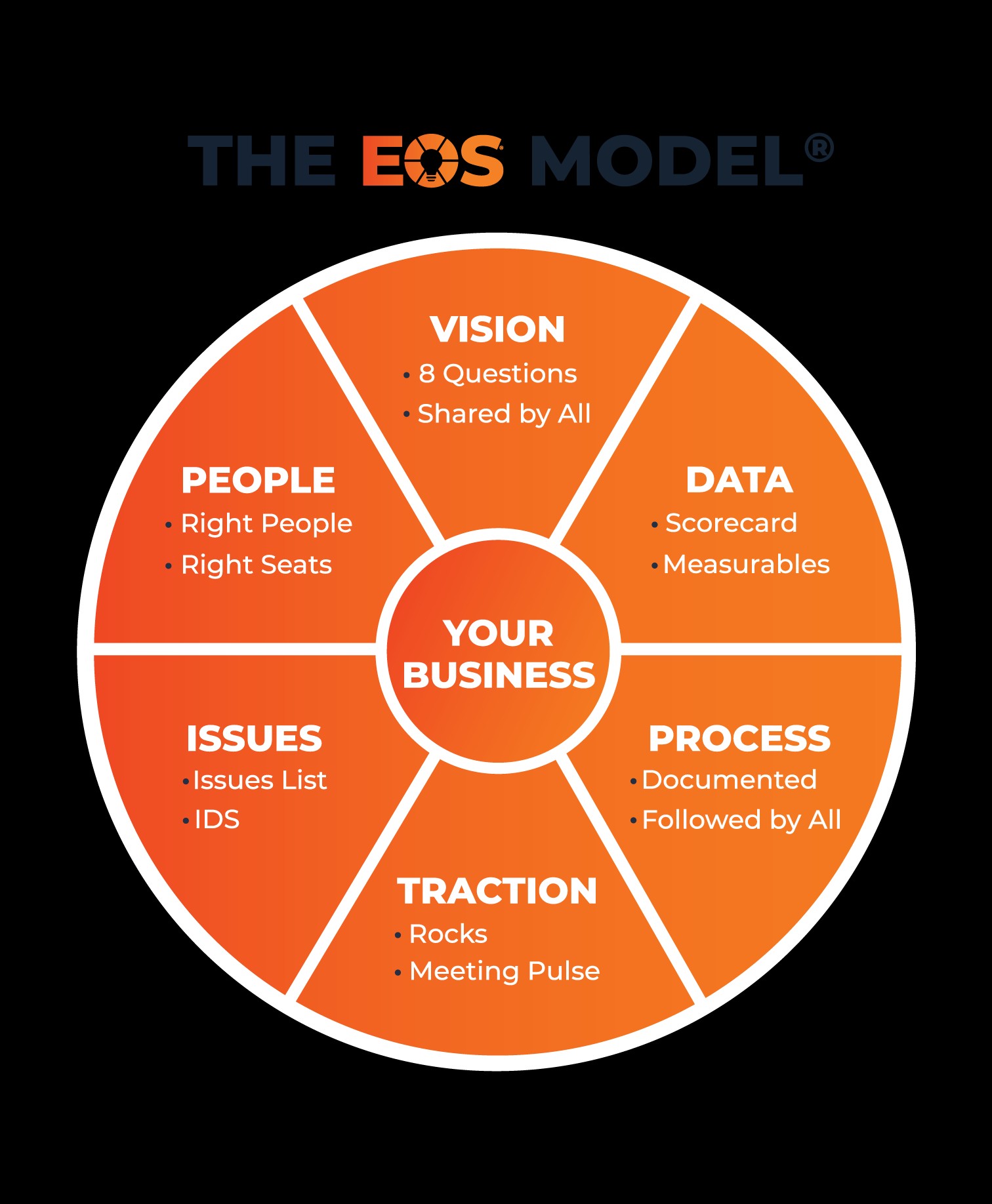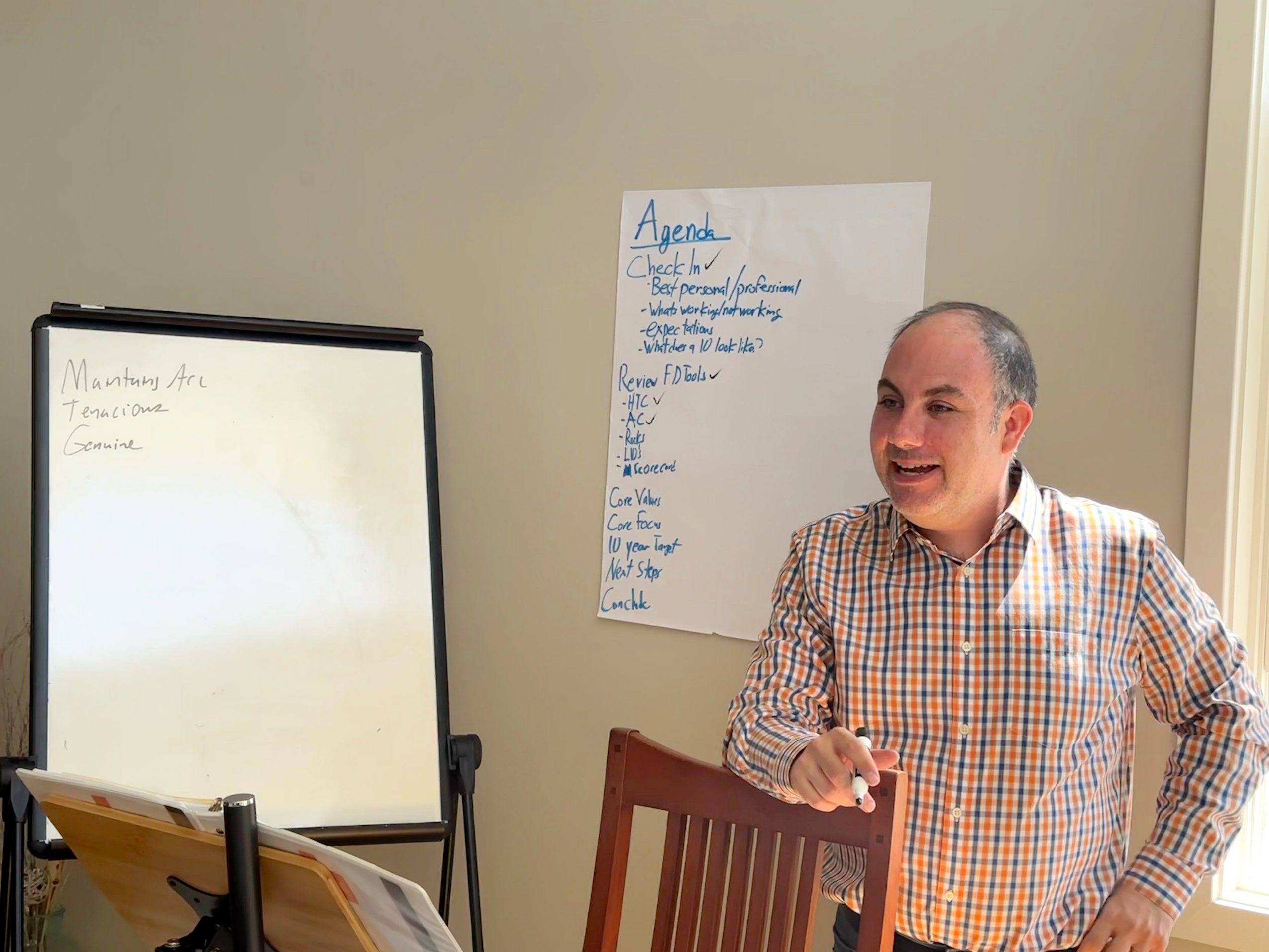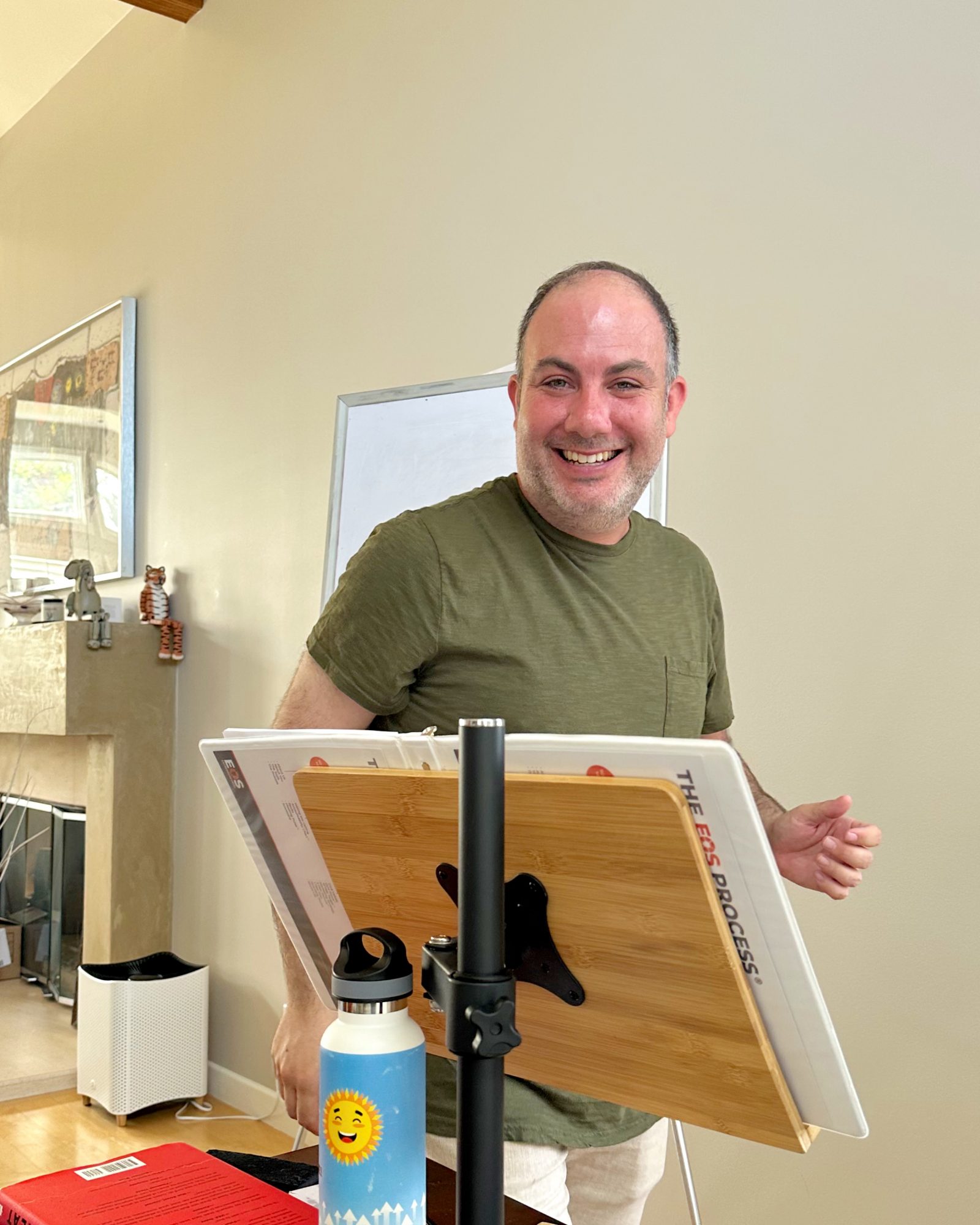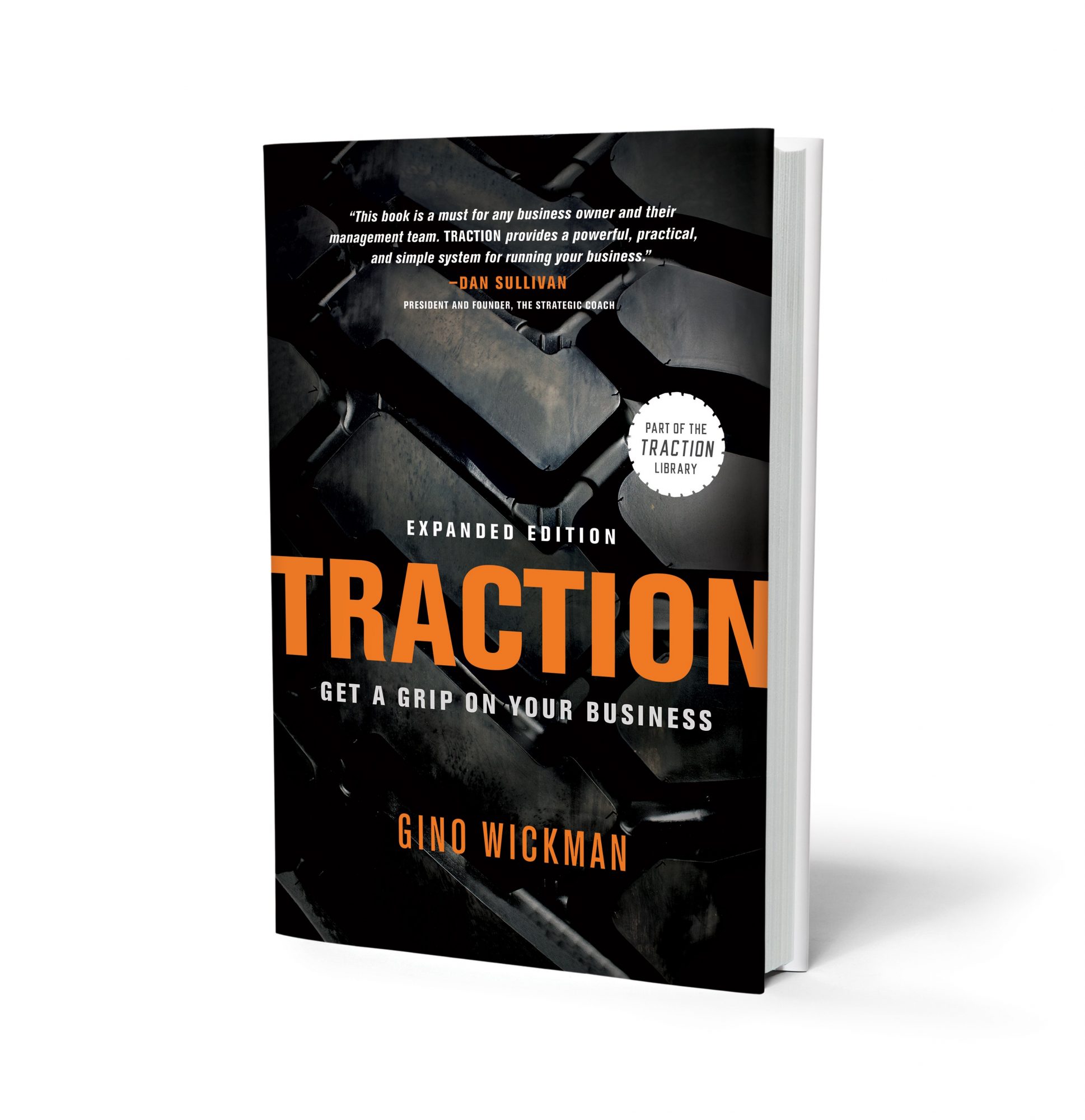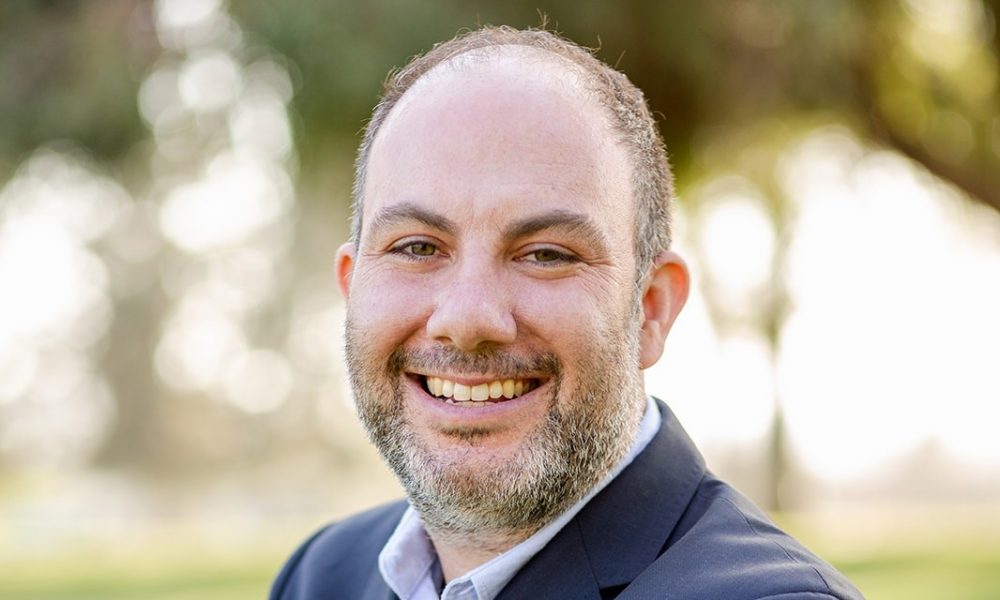

Today we’d like to introduce you to Michael Richman. They and their team shared their story with us below:
Like so many, Michael’s story starts before he was even born. During the Prohibition era in the 1930s, his Great-grandfather Sam established a milk distribution business in the Bronx, NY. Sam’s cousin, famed gangster Meyer Lansky, thought that in addition to the legitimate business of delivering milk to schools and markets, he could also distribute alcohol disguised as milk to speakeasies throughout the area. After Prohibition ended, the business continued to flourish and grow for over six decades, managed, owned, and operated by Grandparents, Aunts, and Uncles. It employed 100’s of people, including family members (Cousins, Uncles, Aunts, and even his dad) before eventually selling.
Michael was raised by his parents to believe that small business ownership and entrepreneurship is one of the ways to truly change the world. His father, Jim, purchased a small commercial awning company in the early 1990s and showed that through providing jobs and opportunities for people in the community, small businesses could make a grand impact on individuals and their families.
It was with these roots and beliefs that he knew he wanted to also own a business. As a native Angelino (grew up in Tarzana), he worked in a variety of summer jobs, from restaurants to retail, seeing how different businesses operate. He even had an opportunity to work for the administration at Milken Community High School (where he went) during the summer, where he learned at a young age about what it takes to run a larger organization. After completing his undergraduate degree at USC and his MBA at Cal Lutheran University, he decided to enter a career in Commercial Banking, where he learned about small business financing. Seeing a large variety of businesses really “scratched his itch” in terms of wanting to own and operate a business. It was during this time that Michael went out and searched for a business to purchase and was about to enter escrow on one in particular when the owner got cold feet and decided not to sell.
After the failed purchase, his father went to Michael and asked if he would be interested in purchasing 50% of his company from his partner, which he did and became the 50% owner of Academy Awning/Cabanas by Academy. Specifically, the company was an East Los Angeles-based manufacturer of commercial awnings and cabanas, where clients included Panda Express, Starbucks, Ritz Carlton, and Four Seasons The company was in need of a turnaround, and he relished the challenge. After running this business for many years, his best friend, who was also a salesperson at the company, told him that she thought he needed to get out of the business owner “vacuum” he was living in. She implored him to grow as a business owner and begin spending time with other entrepreneurs. This led him to join the Los Angeles chapter of the Entrepreneurs Organization (https://www.eolosangeles.com/), a peer group of Entrepreneurs who were dealing with many of the same issues as a business owner. Through other members of the organization, he was introduced to the EOS (Entrepreneurial Operating System), based on the book Traction by Gino Wickman (also a former EO Detroit Member), where he learned about a whole new way to run the business. Applying the simple yet effective tools, it was easy to see employee engagement increase exponentially, as well as large increases to revenue and profitability.
As he continued to run his business utilizing these tools, he also stayed involved in EO. His involvement in the organization offered him the opportunity to serve on the board but also allowed Michael to begin mentoring and coaching budding entrepreneurs. While engaging in the coaching and mentoring, he realized that he was spending a significant amount of time teaching the same EOS tools that made him successful. The fulfillment he received from seeing these business owners succeed was life-altering.
When his father decided he wanted to retire, Michael was faced with a decision. Did he want to continue running the business or sell the business and move on to something else? He thought long and hard about the impact that he wanted to make in the world. Philosophically, Michael believes that small entrepreneurial businesses are the backbone of our economy. Being able to take the effect that he had on his own business and the lives of his employees and their families and multiply that throughout other organizations would make an exponentially large impact on the community. Thus, he made the decision to sell the company, which was done successfully, and he launched an official practice of implementing EOS into companies.
We all face challenges, but looking back would you describe it as a relatively smooth road?
Michael says that implementing EOS has been a joy. One of the things that is most important with the teams that he works with is the desire to change. Or in other words, they are more afraid of the status quo than they are of change. His most successful clients are those that are willing to step away from their preconceived notions about what they have always done and try utilizing these tried and true tools.
Alright, so let’s switch gears a bit and talk business. What should we know?
The companies that Michael works with are entrepreneurial in nature, under 250 employees, and are both industry and revenue-agnostic. When he works with a company, he specifically works with the leadership on improving in three ways;
Vision- getting everyone 100% on the same page with where they are going and how they plan to get there
Traction- meaning instilling discipline and accountability throughout your organization so that no matter where you go, you see people executing on the vision
Healthy- meaning making the team more cohesive, functional, open and honest, fun-loving team
As the leadership team goes, so goes the rest of the organization. He accomplishes this through implementing the tools that make up the EOS system. The beauty of the system is that the tools are simple to understand, yet powerful in their application.
Where we are in life is often partly because of others. Who/what else deserves credit for how your story turned out?
His experience owning a business has been a huge asset. Michael has experienced, seen, and dealt with many things that are similar and applicable to the businesses that he works with. Being able to say that he has “been there” and “done that” in many situations adds to his credibility when teaching the tools. With that being said, he says that he wouldn’t have opened a practice had he not found the success he did in his own business, which he feels is owed to his employees and customers who truly believed in him.
Contact Info:
- Website: https://www.eosworldwide.com/michael-richman
- Linkedin: https://www.linkedin.com/in/michael-richman-9b9a32/
